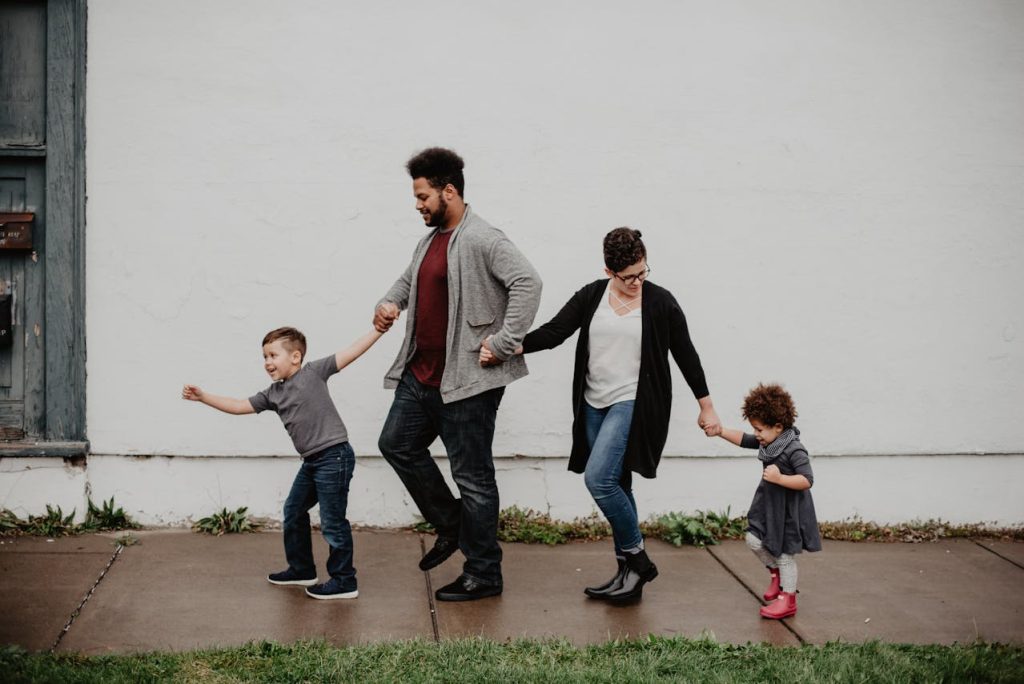Maybe a job transfer came out of nowhere. Maybe you realized the neighborhood isn’t your vibe. Or maybe financial challenges mean you need to sell sooner than planned.
No matter the reason, selling a house after just a year is more common than you might think. And if you’re looking for a fast, hassle-free way to make it happen, John Buys Bay Area Houses is here to help.
We specialize in buying homes quickly for cash across the San Francisco Bay Area, offering homeowners a simple, stress-free alternative to the traditional real estate grind.
Before you dive in, though, it’s important to understand the unique challenges, hidden costs, and potential tax implications of selling so soon. Let's unpack all the details so you're equipped to choose the best path for your needs.
Is It Possible to Sell a House After 1 Year?
Short answer? Yes. Long answer? It’s a little complicated.
Legal considerations:
There are no federal or state laws stopping you from selling a home after one year. It’s your property, after all! However, if you’re part of a homeowners association (HOA), double-check for any minimum occupancy rules tucked away in the fine print.
Lender or mortgage restrictions:
Now here’s where things get sticky. Some mortgage agreements, especially FHA or VA loans, might have clauses that discourage early resale. While it's rare, lenders could impose penalties or require additional paperwork if you sell too soon. Always review your loan documents carefully before making moves.
Short-Term Capital Gains Tax on Home Sale
Before you pop that bottle of champagne, let's talk taxes — everyone's favorite subject (said no one ever).
Definition of short-term capital gains:
When you sell an asset (like a house) you’ve owned for less than a year, any profit you make is considered a short-term capital gain. And Uncle Sam treats short-term gains just like your regular income, meaning you could get hit with a much bigger tax bill compared to selling after a year or two.
How selling within a year impacts your taxes:
Instead of the friendly long-term capital gains rates (0%-20%), you could be taxed at your ordinary income rate, which can be as high as 37%. Yikes.
Example:
- • Bought a house for $500,000.
- • Sold it 10 months later for $550,000.
- • A $50,000 profit could be taxed at your normal income rate instead of a lower capital gains rate.
Moral of the story: If you’re wondering, "Can I sell my house after 1 year?" — know that taxes might take a hefty bite out of your profits.
How Much Equity After 1 Year?
Here's the sobering truth: building equity takes time, not days.
How mortgage payments affect equity early on:
In your first year of homeownership, most of your monthly mortgage payments go straight toward interest, not chipping away at the actual loan balance. It's like trying to fill a bathtub with a teaspoon.
Impact of market appreciation (or depreciation):
If your local real estate market has skyrocketed (lucky you!), you might have gained some equity through sheer appreciation. But if prices have dropped, you could owe more than the home’s worth.
How to estimate your home’s equity:
- • Current Market Value – Remaining Mortgage Balance = Equity
• Online tools like Zillow’s “Zestimate” or a quick chat with a local real estate expert can give you a ballpark figure.
Costs of Selling a House Early
Selling a home isn’t free. In fact, it can feel like death by a thousand cuts.
- • Real estate agent commissions: Typically, 5%-6% of the sale price — poof, gone.
- • Closing costs: Another 2%-4%, covering escrow fees, title insurance, and more.
- • Repair and staging expenses: Buyers expect a polished home. Touch-ups, repairs, professional cleaning, maybe even staging, could cost thousands.
- • Moving costs: Hiring movers or renting a truck? Not cheap either.
Thinking about skipping the headaches and selling your home fast for cash? Get a no-obligation cash offer from John Buys Bay Area Houses today! — no repairs, no commissions, no long wait times.
Penalties for Selling a House Early
Selling isn’t the only thing that might hurt your wallet. Your mortgage lender could also want a piece of the pie.
Mortgage prepayment penalties:
Some loans (especially older ones) have prepayment penalties if you pay off your loan early. It’s their way of saying, "You broke up with us too soon."
Loan-specific penalties:
- • FHA loans: Usually, no prepayment penalty today, but check your paperwork.
- • VA loans: They rarely have penalties, but they are still worth confirming.

Can You Avoid Capital Gains Tax if You Are Selling Early?
There’s hope — even if you sell fast.
IRS exemptions:
If you’re selling because of work relocation (50+ miles away), serious health problems, or “unforeseen circumstances” (think divorce, death, natural disaster), you might qualify for a partial capital gains exclusion.
How to qualify:
You must have lived in the home for at least part of the year, and your situation must meet IRS hardship criteria.
Pro tip: Keep every piece of paperwork — job transfer letters, medical bills, insurance claims — to prove your case if the IRS comes knocking.
How to Break Even When Selling a House Early
Selling quickly doesn’t always mean losing money, but it does mean doing some homework.
Calculating your break-even point:
Add up what you paid for the house, the total closing and moving costs, and real estate agent commissions. Your home needs to sell for more than that total to break even.
When selling early makes sense:
- • Home values have soared in your area.
- • You’re drowning in mortgage payments and need out ASAP.
- • You're relocating and can’t afford two mortgages.
Strategies to minimize loss:
- • Skip the agent and sell directly to a cash buyer.
- • Offer minor, inexpensive upgrades instead of costly renovations.
- • Negotiate better closing terms with the buyer (e.g., they pay closing costs).
Need to sell your Bay Area home fast, but worried about breaking even? Reach out to John Buys Bay Area Houses — we make cash offers that help you move forward without the financial drag.
Pros and Cons of Selling After 1 Year
Here’s the good, the bad, and the "I-need-a-glass-of-wine" truth:
Pros:
- • Quick escape from a bad investment or situation.
- • Take advantage of rising market prices.
- • Free up cash for better opportunities.
Cons:
- • Big tax bill.
- • Possible prepayment penalties.
- • Low or negative equity.
- • High transaction costs.
Life happens fast. Sometimes selling early is the smartest move you can make — as long as you know what you’re up against.
Should You Sell After 1 Year? Here's the Bottom Line
Selling your house after just one year might not have been part of the original plan, but life rarely sticks to a script. Whether you're facing a job relocation, personal challenges, or simply realizing the home isn't the right fit, the good news is that yes, you can sell after a year. The catch? It comes with some important financial realities.
You'll need to weigh potential short-term capital gains taxes, the equity (or lack of it) you've built, possible lender penalties, and selling costs. But don't let these hurdles scare you off. With smart planning — or the right buyer — selling early can still be a win.
If you're trying to avoid the headaches of realtors, open houses, endless repairs, and steep commissions, working with a cash buyer like John Buys Bay Area Houses could be your best move. You'll save time, money, and a whole lot of stress.
At the end of the day, selling your house after one year is about protecting your financial future and setting yourself up for the next step, whatever that looks like for you.
If you're ready to move forward without all the typical real estate drama, we're here to help you make it happen quickly and easily.
FAQs about Selling My House After 1 Year
What is the short-term capital gains tax rate when selling a house within 1 year?
It’s the same as your regular income tax rate, which can range from 10% to 37% depending on your total taxable income.
How can I estimate how much equity I have after 1 year?
Subtract your current mortgage balance from your home's estimated market value. You can use online tools or get a free home evaluation from a local expert.
Are there ways to avoid penalties for selling a house early?
Yes! Some lenders waive prepayment penalties, especially if the market shifts. Also, IRS rules allow capital gains tax exclusions for hardship cases like job relocations, health issues, or unexpected life events.
Should I consider renting out my home instead of selling if I haven’t built enough equity?
Absolutely. Renting can help you ride out the market until you build more equity — plus, rental income might help cover your mortgage and other expenses.
What steps can I take to break even when selling a house early?
- • Price competitively to sell quickly.
- • Negotiate closing costs creatively.
- • Avoid costly agent commissions by working with a cash home buyer.
- • Focus only on low-cost, high-impact home improvements.



